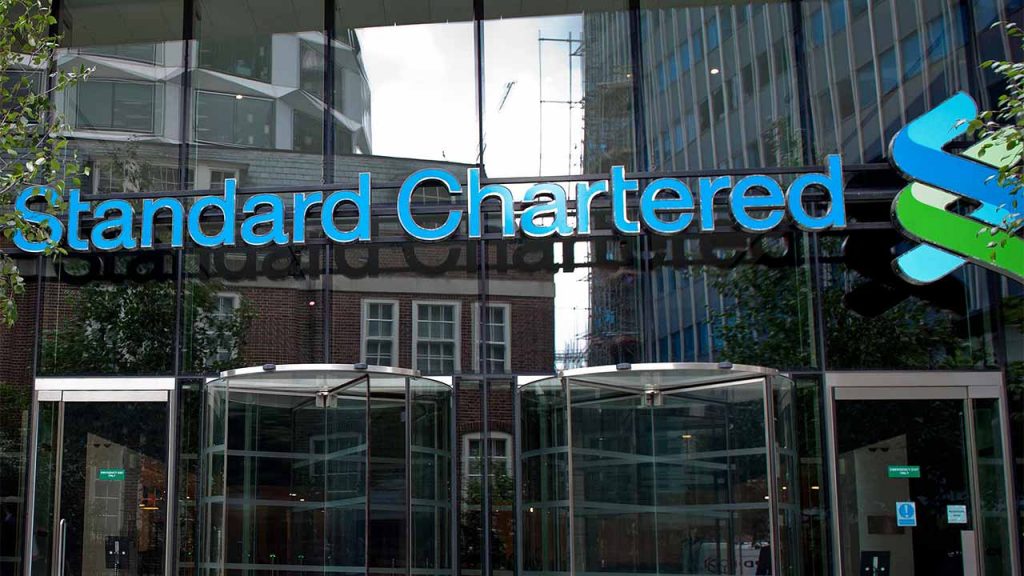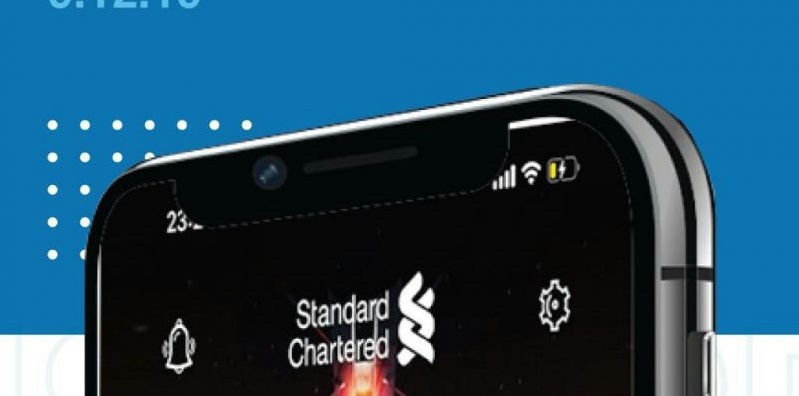Standard Chartered is closing down half its physical branches to fully embrace digital banking

Standard Chartered Plc has begun plans to close approximately half of its locations in Nigeria as part of a campaign to focus only on digital banking.
The corporation, which had 25 physical branches across Nigeria at the time, had begun efforts to reduce the number of physical locations to 13, five of which would be operating in Lagos.
According to a source who talked to Technext, the corporation started this process on December 16 last year in an attempt to examine its actions as it faced strong criticism, notably from other institutions in the mobile money space.
The digital bank will enhance its mobile banking section as a result of this new initiative, as it wants to hire agents to reach out to new customers and manage cash deposits and withdrawals across Nigeria.
Standard Chartered’s initiative is similar to efforts by Nigerian banks to embrace digital banking in the wake of a fintech boom that has propelled much of Africa to the forefront of the mobile money revolution.
Instead of opening new physical offices, banks are lowering costs by building networks of approved agents, or persons who offer their products and services inside their communities.

Reabsorbing existing Staff
With Standard Chartered’s proposal to close approximately half of its branches nationwide, there are legitimate concerns that employment will be lost and that countless families’ livelihoods will be impacted. The bank now employs 900 people, with about half of them at risk of being laid off.
However, according to a source who talked with Technext.ng, the company has no plans to retrench employees who worked in the affected outlets as part of an agreement with the regulatory agency. Instead, the bank plans to incorporate them into the other bank branches.
This, according to the source, would not be a major issue because the bank is continuously witnessing scenarios where employees voluntarily depart in order to pursue their educational and career goals.
However, it is unclear how the bank plans to handle the opening of new bank accounts for new customers, the migration of established bank clients to these digital platforms, and, of course, the receipt of deposits in places where branches are few.
Pivoting towards digital banking
As businesses take advantage of the growing use of mobile phones, there has been a boom in demand for payment solutions and financing outside of traditional banks in Nigeria.
Standard Chartered has positioned itself as a financial technology company in recent years, assisting consumers who sought to minimize personal interactions.
Standard Chartered began operations in Nigeria in 1999 and originally focused on corporate banking. However, in order to grow its retail base, it has recently turned to digital technology.
SC Mobile 2.0, the bank’s digital banking app, was released in 2019 to better engage with the country’s younger population and make banking services more accessible to them. Savings accounts, current accounts, fixed deposits, lending, and wealth management solutions were initially available through the digital banking app. However, later on, other services such as mutual funds and even lifestyle advantages were added.
Standard Chartered CEO Lamin Manjang remarked at the time of the launch that the move was a “major milestone” in the bank’s digital journey and demonstrated the bank’s commitment to investing and developing in the market.
Digitising Africa remains at the heart of our business strategy for the region and we look to continue to grow our business in Nigeria being the best financial partner to our clients.”
Lamin Manjang
The bank was able to recruit more consumers and grow its customer base from 100,000 to 500,000 in less than two years.
In addition, the bank has declared its desire to begin digital lending in order to expedite the processing of small loans and boost the volume of retail credit. As part of its digital banking offering to clients, Standard Chartered has introduced its agent banking service.







